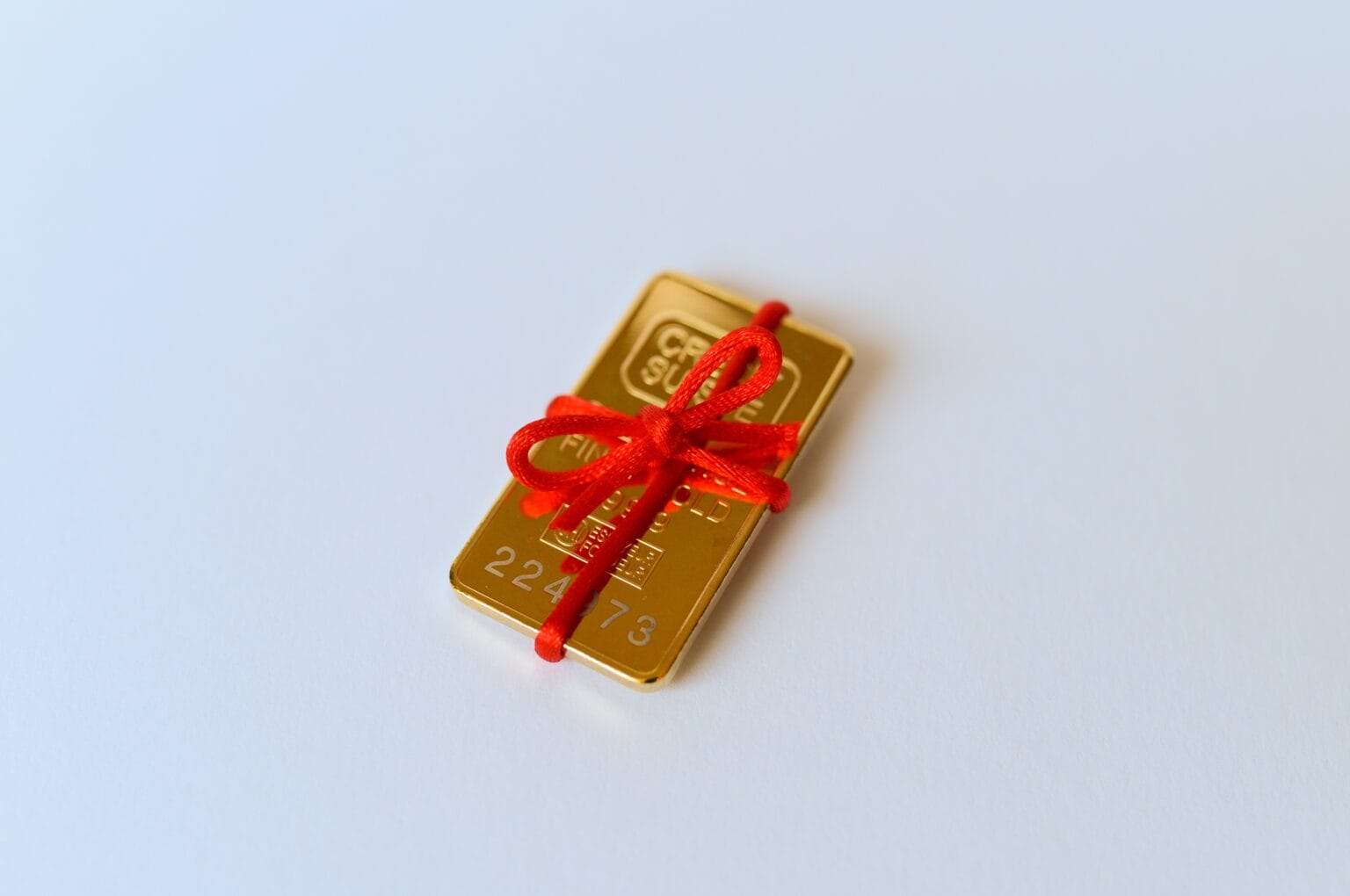A market expert has said that central banks are buying the commodity as a hedge against possible penalties.
Ruchir Sharma, the head of Rockefeller International, said that central banks worldwide are moving away from the US dollar and looking to gold as a safe asset.
In the past six months, commodity prices have increased by 20%. Sharma wrote in the Financial Times on Sunday that demand is not coming from “the usual suspects” like large and small investors “seeking a hedge against inflation and low real interest rates,” but from “heavy buyers” like central banks.

The investment expert said regulators are quickly getting rid of their dollars and looking for a safe option. Central banks now make up a record 33% of the monthly demand for gold worldwide, and they are buying more gold than ever since records began in 1950, said Sharma.
“This buying boom has helped push the price of gold to near-record levels and more than 50% higher than what models based on real interest rates would suggest,” he said, adding that “clearly, something new is driving gold prices.”
Sharma said that nine of the top ten central bank buyers are in the “developing world,” which includes Russia, India, and China.
Sharma said it’s not a coincidence that these three countries are talking with Brazil and South Africa about making a new currency to compete with the dollar.
He said the rush for the precious metal was because the US and its partners were putting more pressure on the world through sanctions. Up to 30% of countries now face international sanctions, up from 10% in the early 1990s.
Sharma said, “This means that gold, the oldest and most traditional asset, is now a way for central banks to rebel against the dollar.”
After Russian funds were frozen abroad and the country was cut off from the SWIFT global financial messaging system, some countries started looking for alternatives.
“It became clear all at once that any country could be a target,” Sharma wrote.
Experts say that the US saw sanctions as a “free way to fight Russia,” but using the dollar as a weapon has cost Washington, as even friends like Thailand and the Philippines have started to look for other ways to get money.
